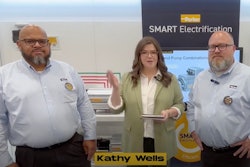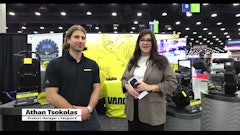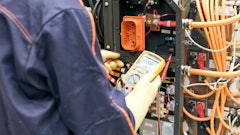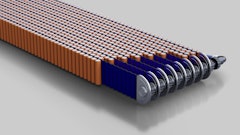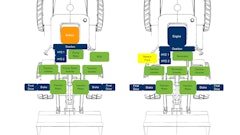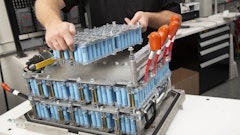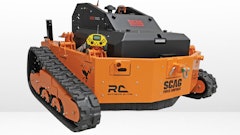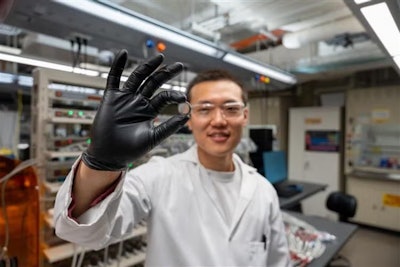
CU Boulder researchers are exploring the use of sodium-ion batteries as an alternative to lithium-based energy storage.
While sodium is abundant and could help address supply chain issues linked to lithium scarcity, current sodium-ion batteries have not performed as well as lithium-ion batteries due to their lower energy density and shorter lifespans.
To tackle these challenges, Chunmei Ban, associate professor of mechanical engineering and materials science, and her research team are developing new electrolytes and studying how they interact with battery electrodes to enhance performance and longevity. This work aims to improve the overall effectiveness of sodium-ion batteries making them a more viable energy storage option. This would have a positive effect on technology such as electric vehicles (EVs), which depend on lithium-ion batteries.
Ban noted how sodium, widely distributed in the Earth’s crust, is an appealing candidate for large-scale energy storage solutions and is an emerging market in the United States.
“The sodium-ion battery market provides significant opportunities for new companies and a pathway to domestic manufacturing dominance,” Ban said. “Sodium may offer a potential remedy to concerns over resource scarcity with lithium-ion batteries.”
Researching battery alternatives
Kangmin Kim, a fourth-year chemical engineering student and BOLD Scholar, participated in the research project through CU SPUR gaining hands-on experience in hopes to further his research interest in battery technologies for graduate school.
“Lithium battery technology is reaching a point where improvements are becoming more incremental than transformative,” said Kim, “so we need alternative renewable technologies that we can rely on.”
Kim believes improved battery technology is essential for advancing society and fostering a more sustainable energy future.
“We will need these improved battery technologies for everything from electric vehicles to drones and cell phones,” he said.
Through Kim’s research experience, he developed battery fabrication skills and learned the importance of precision and attention to detail in creating high-quality batteries.
“The lab work was actually quite similar to cooking, which is an activity I love to do,” said Kim. “Knowing what ingredients we need, what precautions must be taken, what tools and techniques are used are just like working in the lab.”
In mentoring students like Kim, Ban highlights how fulfilling it is to work with students who demonstrate a strong passion for science and technology and eagerness to learn.
“It has been a rewarding experience to witness undergraduate students like Kangmin grow their research and scientific skills in helping to solve some of our major global challenges.”




